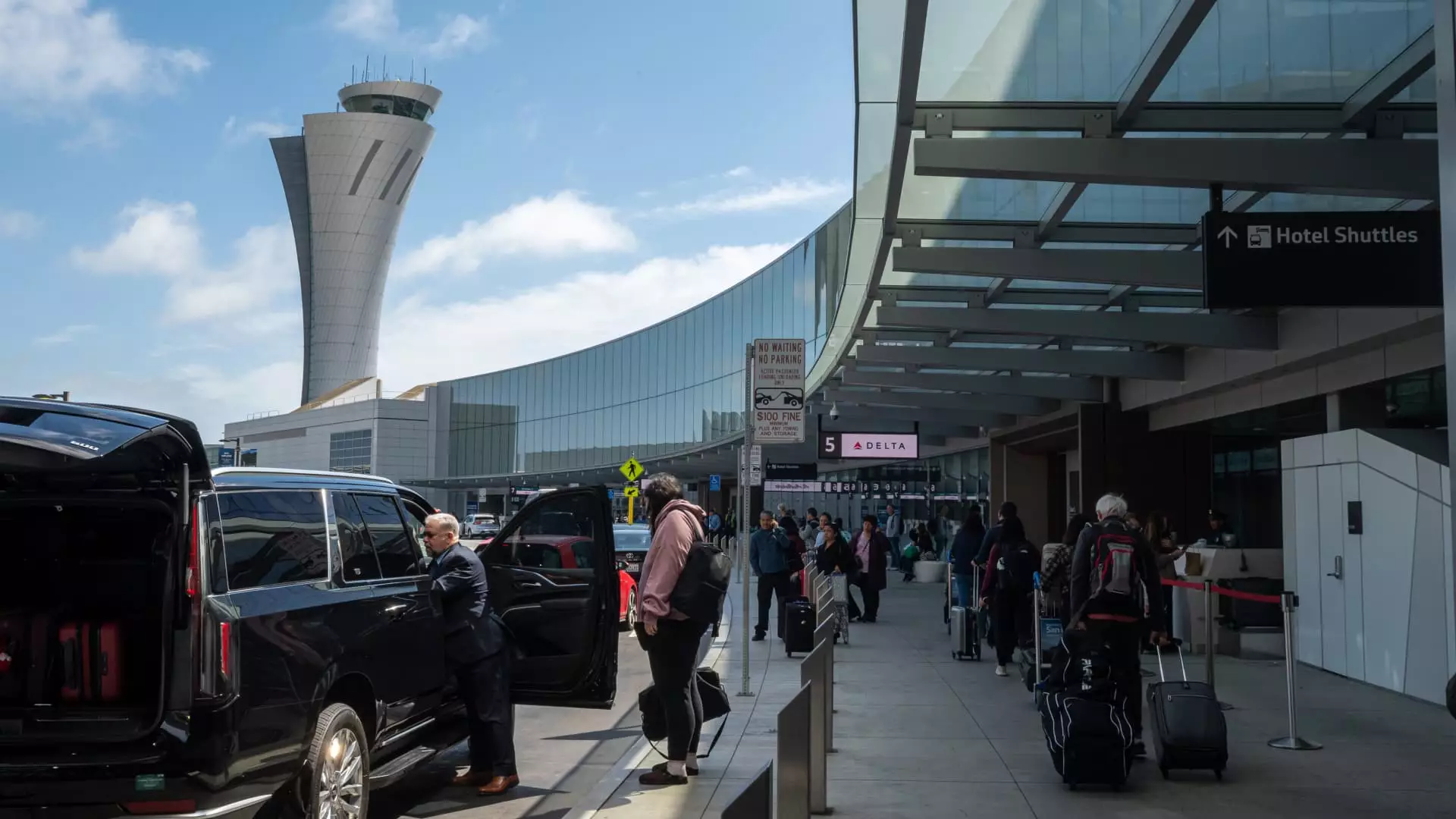The ordeal of Tae Heung “Will” Kim exemplifies the deep flaws embedded within the current immigration enforcement landscape in the United States. What should have been a routine return trip from South Korea turned into a harrowing week of confinement, disorientation, and neglect of basic human rights. Kim, a lifelong U.S. resident who contributed to society through academic pursuits and community involvement, was detained without clear justification, raising urgent questions about the justice and fairness of immigration policies that prioritize punitive measures over compassion and due process.
Kim’s case is not an isolated incident; it reflects a broader systemic failure to safeguard the rights of legal residents and citizens alike. His detention—essentially administrative imprisonment at an airport—highlights how the current enforcement practices blur the line between law enforcement and judicial proceedings. Instead of functioning within the constitutional boundaries of justice, immigration authorities have often become arbiters of guilt, wielding enormous power with scant oversight or accountability. The consequences are profound: families are fractured, lives are disrupted, and a deep sense of alienation and mistrust festers among immigrant communities.
The Dangers of Overreach and the Erosion of Civil Liberties
The aggressive push for stricter immigration policies under recent administrations has increasingly turned what was once a system aimed at managing borders into a tool for broader social control. Detentions like Kim’s serve as stark evidence of a punitive approach that often disregards due process and human rights. It is particularly troubling that, during his detention, Kim was held in small, windowless rooms without access to legal counsel or adequate medical care, despite his asthma. His minimal communication with family, limited to a single phone call and occasional texts, underscores a disturbing indifference to his dignity and rights.
Moreover, the justification provided for Kim’s detention falls into a pattern of overgeneralization and prejudice. Customs and Border Protection’s statement linking his green card violation to a past misdemeanor related to marijuana possession—a charge that he successfully sealed and minimized—reveals a lack of nuance in enforcement. It portrays an aggressive stance that treats minor infractions as grounds for deportation, disregarding context and human complexity. This rigid, one-size-fits-all approach fundamentally undermines the principles of justice and fairness that should underpin any legal process.
The Political Climate and Its Impact on Justice
Kim’s story unfolds amidst a political environment where immigration enforcement has become a flashpoint for partisan battles and executive overreach. Since President Donald Trump took office, rhetoric emphasizing “law and order” has translated into drastically increased detention and deportation rates. While the motives may have been framed as protecting national security, the result has often been a collateral damage of innocent or minor-offense individuals caught in the machinery of enforcement.
This political pivot has emboldened agencies like CBP to operate with less oversight, making detention an everyday reality for many. It is a policy that favors fearmongering over reason, and punishment over rehabilitation. Such approaches ignore the fact that many immigrants, like Kim, have deeply rooted histories in the United States, contributing positively to their communities. Detaining law-abiding residents for administrative reasons—especially without transparency or fair process—erodes democratic values and diminishes the moral authority of the United States as a nation committed to justice, fairness, and due process.
Why Humanity Must Prevail Over Policy
Kim’s case forcefully reminds us that immigration enforcement must be reimagined with humanity at its core. Policies that lead to indefinite detention, especially for individuals who pose no threat to society, are morally indefensible. States have a responsibility not just to control borders but to uphold fundamental rights—rights that safeguard dignity, respect, and fairness.
The broader society must challenge the current trajectory, advocating for reforms that prioritize transparency, accountability, and compassion. Immigrants, whether legal residents or otherwise, are part of the social fabric. They deserve to be treated with fairness and understanding, not as disposable commodities or threats to be eliminated at any perceived mistake. Kim’s story should serve as a wake-up call—a demand for a justice system that recognizes the human behind the document, that values rehabilitation over punishment, and that refuses to allow political whims to undermine core democratic principles.
In the end, the question is not just about one man’s detention but about what kind of nation we wish to be. Will we allow policies that devalue human life in the name of enforcement, or will we reform our approach to reflect a more humane, just, and inclusive society?


Leave a Reply